Ethics of cannibalism: delicacy or despicable?
After a disappointing dinner, you find yourself standing over the sleeping body of your roommate, mouth twitching and salivating in anticipation of sinking your teeth into their juicy flesh. You wonder: will their thick calves satisfy you? Or would you rather feast upon their firm pectorals? Unfortunately, none of that will be happening, because it would be a crime and you would go to jail for an indefinite amount of time. Most would agree that it would be morally wrong to eat another human being, as cannibalism is taboo in nearly every culture. Yet, cannibalism has occurred in countless instances throughout history, and in certain cases, it is unclear on where the ethics of it stand.
In the harsh winter of 1609, settlers in Virginia’s Jamestown Colony were forced to commit the unthinkable, as recent archaeological evidence and forensic analysis reveals that multiple humans were eaten out of desperation. Two centuries later, the Donner Party set out for California, only to descend into mass cannibalism eight months into the trip. In both cases, people ran out of food, and social order broke down, leading to civilians succumbing to their hunger and resorting to cannibalism. To this day, the fate of the Donner Party has had a lengthy and gruesome impact on American history. Although, while it is undeniable that what happened was disturbing and horrifying, were the civilians who cannibalized out of desperation really at fault, when they only wanted to survive? When survival is on the line, and the only options are to either die a slow painful death by starvation, or eat your friends, it is unclear what most people would do.
Charles Darwin’s theory of evolution famously stated that the future of civilization was based on the survival of the fittest. When faced with life or death situations, humans revert back to their fundamental needs: food, water, oxygen and sleep. Similar to the cannibalistic tendencies of our distant ancestors, the Neanderthals, humans will stop at nothing to fulfill the fundamental needs for survival. Despite having evolved past needing to eat one another, modern humans will still turn to their old ways in the face of imminent death, as seen with the demise of the Donner Party. When dying, humans lose rational thought with survival being the priority, and therefore turn to methods that are considered morally wrong. In these cases, where good judgment has faded away with the instinct to survive, cannibalism is not an evil deed.
When discussing the moral permissibility of cannibalism, it is obvious that committing murder for the sole purpose of ingesting the flesh of that person is morally reprehensible, as is eating the flesh of a live person, as both cause unnecessary pain. This does not necessarily mean that cannibalism is wrong, only reaffirms that murder and assault is. Additionally, it is considered unethical to steal a dead body to cannibalize, due to the belief that the dead can also be harmed. However, if cannibalism occurs after the cannibalized has both died and has given consent to being cannibalized after death, meaning that the cannibalized was never put in harm’s way because of the intent of cannibalism, is it still unethical?
In the United States, there are no federal laws that strictly prohibit cannibalism. However, most states have enacted laws that indirectly make it nearly impossible to legally obtain and consume any body matter. For instance, murder is a likely criminal offense across the nation. If the person killed was for the purpose of being consumed, the perpetrator would still be charged with murder regardless of consent. Even if someone consents to being eaten and ends their own life, the person who eats the body may still be liable for criminal or civil actions based on laws governing the abuse or desecration of a corpse, which vary by jurisdiction. Meaning that even if the act of cannibalism itself is not necessarily illegal, the circumstances surrounding it may be illegal and punishable by law.
However, consensual cannibalism harms no one. It might even be a more moral meal than beef from the grocery store, which directly contributes to the killing of sentient creatures and a larger system of unsustainable meat production. In fact, some argue that consensual cannibalism is vegan, depending on their definition of veganism. Farm animals can never truly consent to being used for their eggs, milk or meat, as they do not have a full understanding of what it entails. But is consent meaningful enough to consent to something like being eaten? In situations where the ability to say “no” is compromised, consent might not be ethically meaningful enough to follow through on something like cannibalism.
To add on, numerous cultures around the world practice end to cannibalism, a funeral ritual involving cannibalism, for members of their community. In such a traditionally important practice, cannibalism is not a crime or any form of harm, only an emotional and valuable rite performed after death to give closure. Of course, not everyone is comfortable with such traditions, but culture is supposed to vary between people and regions. In the end, it is no different from the commonly performed cremation, as acceptable behavior changes from culture to culture.
Assuming that consent is meaningful enough to allow cannibalism, it may still feel wrong to cannibalize. Society has had a taboo on cannibalism for a centuries, and cannibalism generally does not occur in modern civilization unless someone is committing a crime. Most meat eating humans have no problem eating cows, baby lambs, pigs or roosters, but draw the line at human meat, even though physically, the differences are negligible. If one was served a plate of human meat bearing no resemblance to a human, much like how we eat other animals, most would only feel horrified or disgusted after they learned that it was human meat. Most meat, dairy and eggs are produced in ways that largely or completely ignore animal welfare, but it is not largely looked down upon to consume these products, like it is with cannibalism. It is argued that cannibalism after death is wrong, as every society has the right to set moral limits on the behavior of its individuals. In our culture, even if you consent while you are alive, cannibalism only amounts to the desecration of a body, and is seen similarly to necrophilia.
Our society might draw the line at cannibalism, but many ethical questions are raised from this topic. All social groups have the right to be respected for their own judgements on boundaries, and it is appropriate to claim that US citizens are in agreement when it comes to cannibalism. Our social cohesion depends on the ability to set reasonable restrictions on what is permitted and what is permitted not while still remaining a member of society, so it still may not be the best idea to eat other humans. Ultimately, the cannibalism taboo in modern civilization and the differences in cultural perspectives make it a nuanced subject to consider.



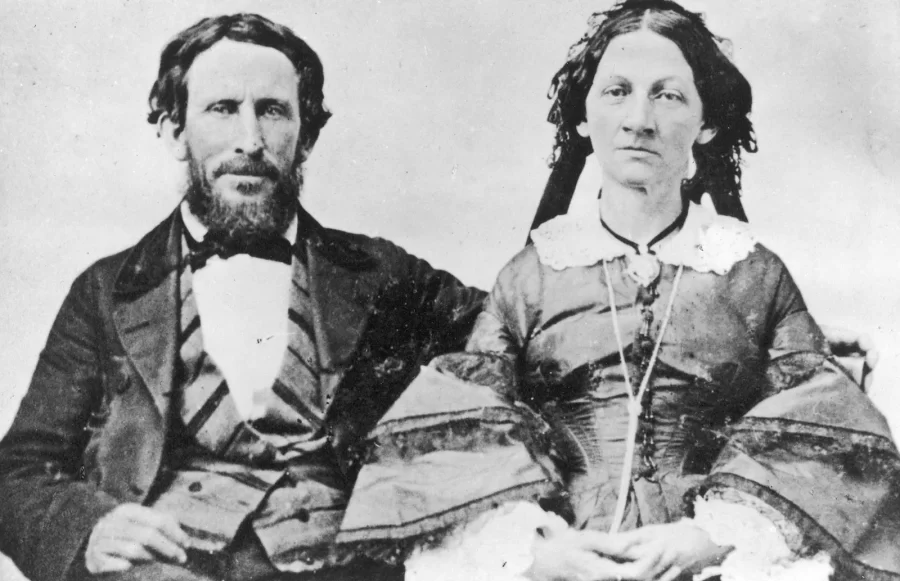




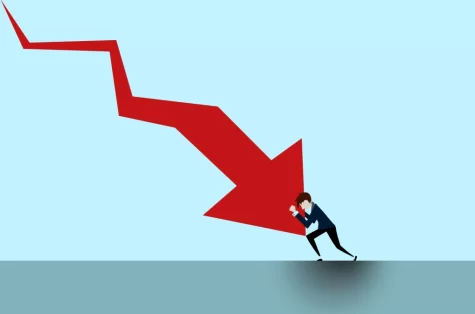

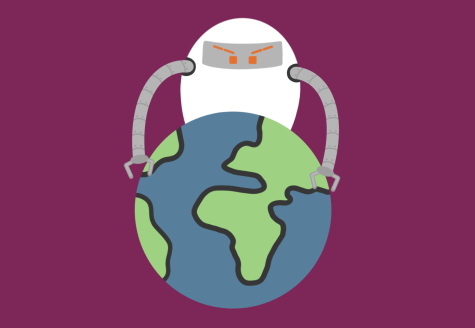
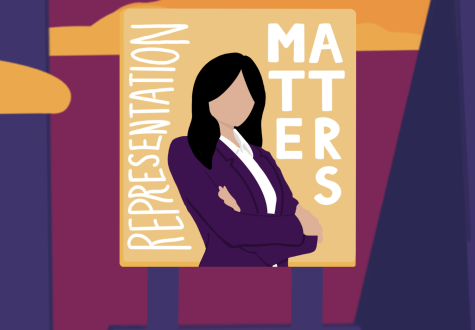
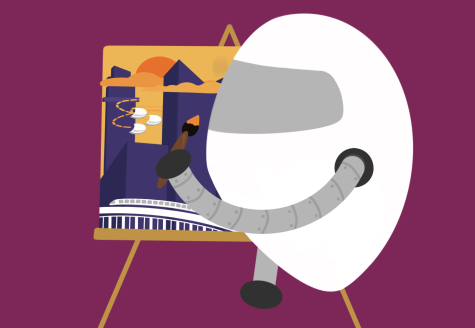
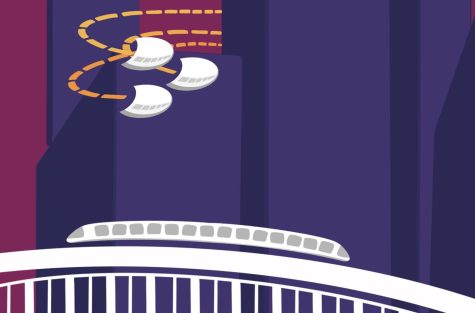
gon freecs ~ Jun 1, 2025 at 4:56 pm
interesting topic, I wanna see more people talking about this type of stuff